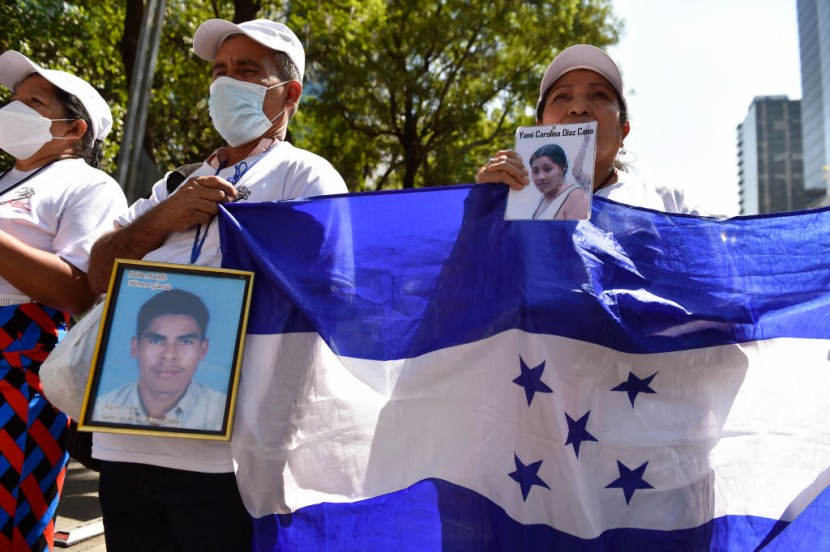Armed assailants forcibly entered a residence in central Mexico, abducting Lorenza Cano, a dedicated volunteer searcher on a mission to find the country's 114,000 disappeared individuals.
The attackers, in a ruthless act, not only kidnapped Cano but also fatally shot her husband and adult son, as confirmed by state prosecutors on Wednesday, as per Fox News.

Cano, part of the Salamanca United in the Search for the Disappeared volunteer group, had been actively involved in seeking her missing brother, José Cano Flores, who vanished in 2018. Tragically, her quest took a dark turn as her own photo appeared on a missing persons' flyer, echoing the disappearance of her brother.
Guanajuato, the north-central state where the abduction occurred, has long been plagued by violence, marked by deadly turf wars between local gangs and the notorious Jalisco New Generation cartel. Despite the region's alarming homicide rates, the Mexican government has allocated minimal resources to search for the missing.
Volunteer searchers, faced with the government's inadequacy, conduct their own investigations, often relying on tips from former criminals. These dedicated individuals, driven by the anguish of having lost loved ones, strive not to convict perpetrators but to locate the remains of those who have disappeared.
The perilous environment for these searchers is compounded by the lack of official support. The absence of dedicated search teams forces volunteers to scour the landscape for clandestine graves where cartels conceal their victims. The government's failure to establish a comprehensive genetic database further hampers efforts to identify the recovered remains.
Victims' families, left with no official recourse, depend on anonymous tips, occasionally provided by former cartel members, to identify suspected burial sites. Employing steel rods to detect the scent of death, volunteers often make gruesome discoveries. However, the response from authorities remains inadequate, limited to dispatching police and forensics teams for retrieval, with identification often elusive, according to Associated Press.
Volunteer Searchers' Peril
The dangerous task of volunteer searchers places them in a precarious position, caught between the threats posed by murderous drug gangs and a government seemingly indifferent to the scale of the issue. Cartels have gone to great lengths to intimidate searchers, with instances of deadly attacks at grave sites still in use.
In a causing incident that took place in July, a drug cartel employed a falsified report to entice law enforcement into a tragic roadside bomb ambush in Jalisco state. A police convoy was targeted by a strategically placed series of improvised explosive devices (IEDs) that were detonated by an unknown group.
The tragic incident claimed the lives of four police officers and two civilians, shedding light on the risks encountered by individuals engaged in the search for the missing.
The motives behind the killings of at least six searchers since 2021 remain unclear. Searchers emphasize that their mission is not to gather evidence for legal proceedings but to recover the bodies of their loved ones.
They stress that repentant or former members of criminal organizations often provide the most valuable information in their quest for closure. As Lorenza Cano remains missing, her tragic story underscores the perilous challenges faced by those determined to find the disappeared in a landscape overshadowed by cartel violence and governmental neglect, ABC News reported.
Related Article: US, Doha To Discuss Efforts To Release Hamas Hostages
© 2026 HNGN, All rights reserved. Do not reproduce without permission.








